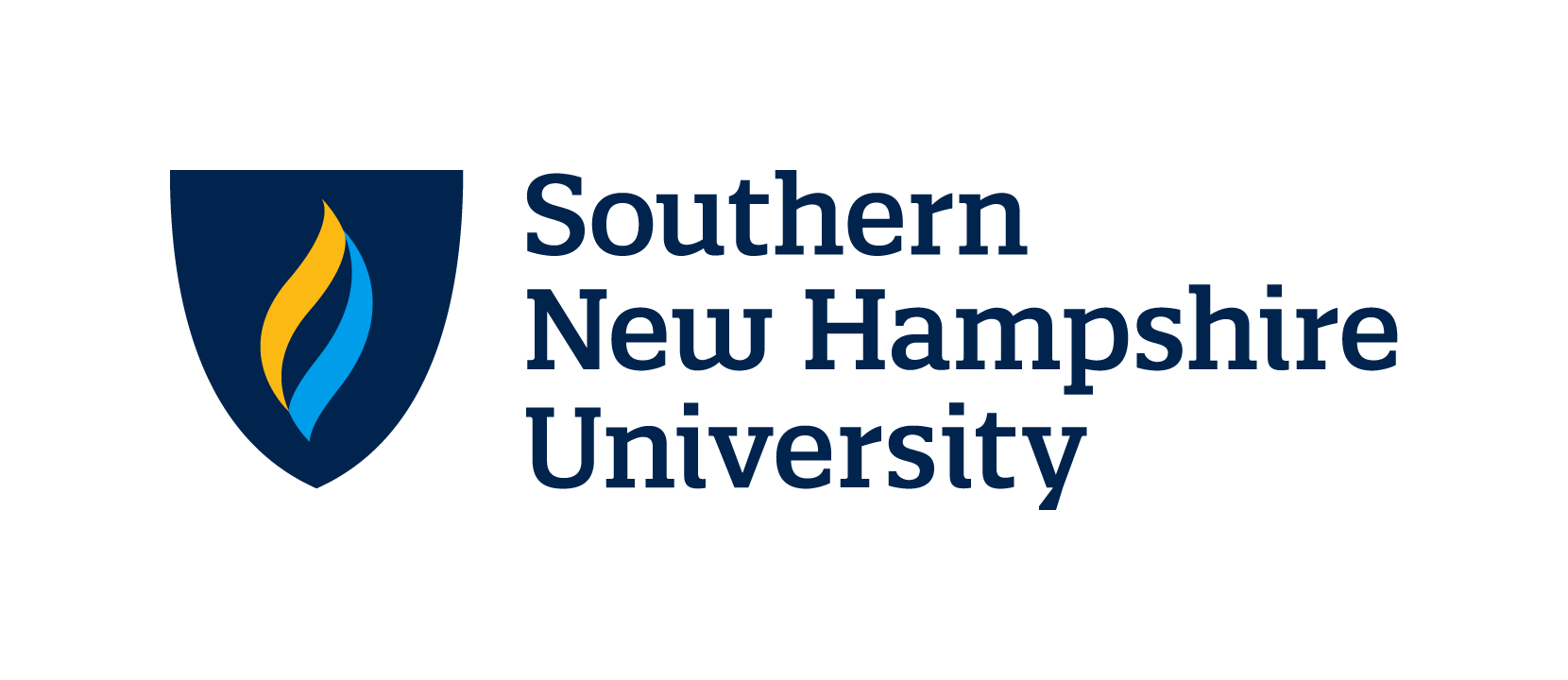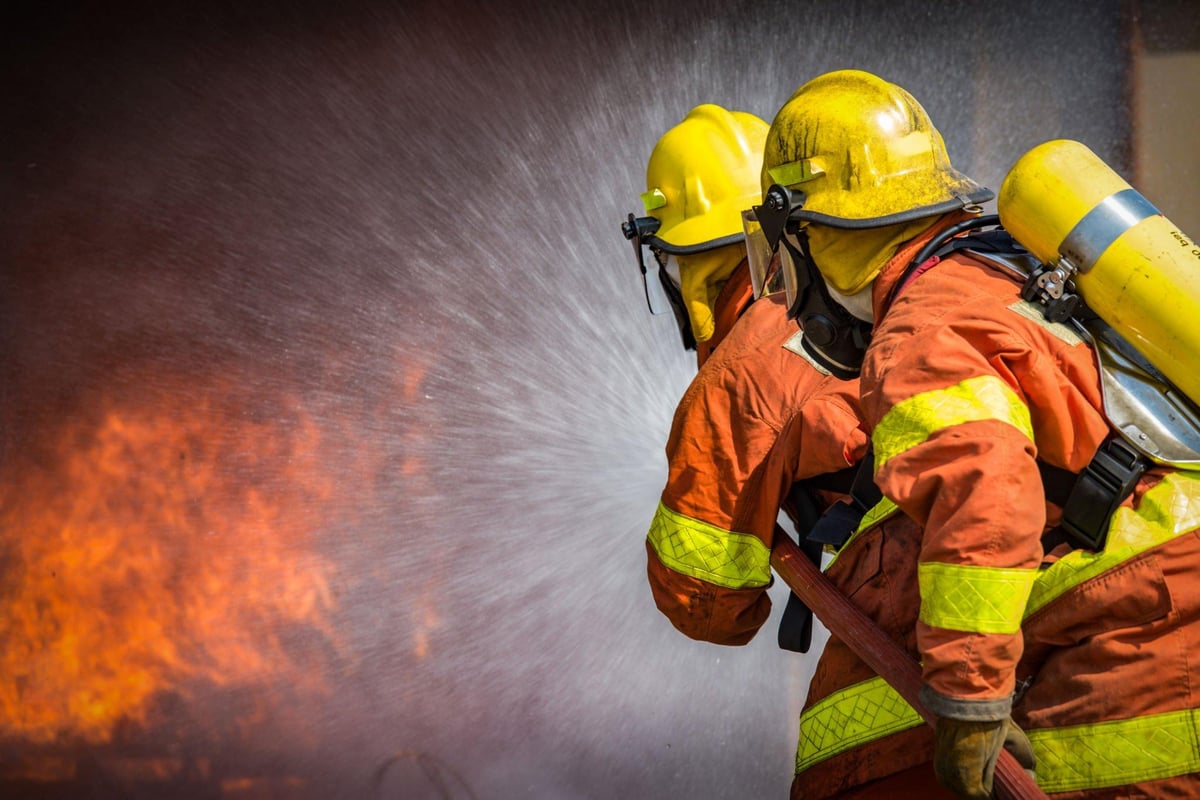Fire Science classes near me in Springfield
In the Springfield metro area, the average cost of a class is $11000 and the average class length is approximately 48 weeks long
Trade and industry classes near
Springfield, MA 01103Online classes
Financial aid
Certificate
Short classes

Waldorf University
AA Occupational Safety & Health
- Online, estimated completion in 2 years for full-time students
- Covers industrial hygiene, occupational safety, and more

Penn Foster
Diesel Mechanics/ Heavy Truck Maintenance Career Diploma
- Affordable, accredited, self-paced
- Students receive Snap-on tools discount

Southern New Hampshire University
BS Operations Management with concentration in Logistics and Transportation
- Complete your degree at your own pace
- 24/7 online accessibility
Fire Science classes near me in Springfield
Are you interested in pursuing a career in fire science? If you live in Springfield and are looking for fire science classes near you, you're in luck! In this blog post, we will discuss what fire science is, the training requirements, what to look for in a class, what to expect from the day-to-day class, the certification process, how to find related jobs, and other classes you can take after becoming a fire science professional.

Introduction
Fire science is the study of fire behavior, prevention, suppression, and investigation. It is a field that combines scientific knowledge with practical skills to protect lives and property from the dangers of fire. Fire science professionals work in various settings, including fire departments, emergency management agencies, and insurance companies.
What is Fire Science?
Fire science encompasses the study of fire behavior, fire prevention, fire suppression techniques, and fire investigation. It involves understanding the chemistry and physics of fire, as well as the strategies and tactics used to control and extinguish fires. Fire science professionals play a critical role in ensuring public safety and preventing and mitigating fire-related emergencies.
Training Requirements
To become a fire science professional, you will need to complete a fire science training program. These programs are typically offered at vocational schools, community colleges, and fire academies. The duration of the program can vary, but most programs can be completed in one to two years.
When choosing a fire science training program, it's essential to ensure that it is accredited by a recognized accrediting body. Accreditation ensures that the program meets specific standards of quality and that the education you receive will be recognized by employers. Additionally, some states may have specific certification or licensing requirements for fire science professionals, so it's important to research and comply with any state-specific requirements.
What to Look for in a Fire Science Class
When searching for fire science classes near you in Springfield, there are several factors to consider to ensure you find the best program for your needs. Here are some things to look for:
-
Accreditation: As mentioned earlier, it's crucial to choose a program that is accredited by a recognized accrediting body. This ensures that the program meets certain standards of quality and provides you with a reputable education.
-
Curriculum: Review the curriculum of the program to ensure it covers all the essential topics in fire science, such as fire behavior, prevention, suppression techniques, and investigation. It's also beneficial to look for programs that offer hands-on training and opportunities to apply what you've learned in real-world scenarios.
-
Faculty: Research the qualifications and experience of the faculty members who will be teaching the fire science classes. Experienced instructors who have worked in the field can provide valuable insights and practical knowledge.
-
Facilities and Resources: Check if the program has well-equipped training facilities, such as fire labs and simulation rooms, that allow you to gain practical experience. Additionally, inquire about any resources available to students, such as internships, career services, or networking opportunities.
What to Expect from Day-to-Day Fire Science Classes
Fire science classes provide a combination of theory and practical training to prepare you for a career in the field. Here are some things you can expect from your day-to-day classes:
-
Lectures: You will attend lectures where you will learn about fire behavior, fire prevention strategies, fire suppression techniques, and fire investigation. These lectures will provide you with the necessary theoretical knowledge to understand the principles behind fire science.
-
Hands-on Training: Fire science classes often include hands-on training where you will learn how to operate firefighting equipment, practice fire suppression techniques, and conduct fire investigations. This practical training is essential to develop the skills needed for real-world scenarios.
-
Group Projects and Exercises: You may also participate in group projects and exercises that simulate real-life situations. These activities will help you develop teamwork and problem-solving skills, which are crucial in the fire science field.
The Certification Process
After completing a fire science training program, you may have the opportunity to obtain certifications that demonstrate your knowledge and skills in the field. Certifications can vary depending on your career goals and the requirements of your state or employer. Some common certifications for fire science professionals include:
-
Firefighter I and II: These certifications are typically required to work as a firefighter. They involve written and practical exams to assess your knowledge and skills in fire suppression, search and rescue, and other firefighting techniques.
-
Fire Inspector: This certification allows you to conduct inspections of buildings and ensure compliance with fire codes and regulations.
-
Fire Investigator: This certification qualifies you to investigate the cause and origin of fires. It involves learning about fire behavior, evidence collection, and legal aspects of fire investigation.
It's important to research the certifications that are relevant to your career goals and understand the requirements and processes for obtaining them.
Finding Related Jobs
Once you have completed your fire science training and obtained any necessary certifications, you can start exploring job opportunities in the field. Here are some ways to find related jobs:
-
Networking: Connect with professionals in the fire science field through networking events, online communities, and professional organizations. They can provide valuable insights, advice, and potential job leads.
-
Job Search Websites: Utilize online job search websites to find fire science-related job postings. Some popular job search websites include Indeed, Monster, and LinkedIn.
-
Government Agencies: Check the websites of local fire departments, emergency management agencies, and federal agencies like the National Park Service or Bureau of Land Management. These organizations often have job listings for fire science professionals.
Other Classes to Consider
Once you have become a fire science professional, there are several other classes you can take to further enhance your skills and knowledge. Some potential classes to consider include:
-
Emergency Medical Technician (EMT): EMT training can be beneficial for fire science professionals as they often respond to medical emergencies. EMT training provides you with the knowledge and skills to provide emergency medical care.
-
Hazardous Materials (HAZMAT) Response: HAZMAT training prepares you to respond to incidents involving hazardous materials, such as chemical spills or gas leaks. This additional training can make you a valuable asset in emergency response situations.
-
Incident Command System (ICS): ICS training provides you with the knowledge and skills to manage emergency incidents effectively. This training is essential for leadership positions within fire departments or emergency management agencies.
Final Thoughts
If you're looking for fire science classes near you in Springfield, there are plenty of options available to help you kickstart your career in this rewarding field. Remember to consider factors such as accreditation, curriculum, faculty, and facilities when choosing a program. Once you have completed your training, obtaining relevant certifications and networking with professionals in the field can help you find job opportunities. And if you're interested in exploring other vocational classes or career options, be sure to visit Dreambound, the largest platform for students to find vocational training programs. Dreambound's mission is to provide all the information students need to find the perfect class. Good luck on your journey towards a career in fire science!
Dreambound has an extensive collection of guides that dive deep into how to get started in the field, tailored for various cities. For those based in different locations or planning to move, we recommend exploring our other guides.
- How to Become a Firefighter in Colorado
- How to Become a Firefighter in Hawaii
- How to Become a Firefighter in Michigan
- How to Become a Firefighter in North Dakota
- How to Become a Firefighter in South Dakota
Contemplating a change in your career path? Dreambound has written many comprehensive guides to aid you in making well-informed decisions.
FAQ
What is Dreambound?
Dreambound is the largest platform for students to find career & technical training programs. While we can't guarantee a career outcome, our mission is to provide all the information you need to find the perfect program for you.
What programs do you offer?
Dreambound has over 70 programs across healthcare, technology, business, and industrial trades. This includes programs such as Medical Billing, Cybersecurity, and welding.
Do you offer financial aid?
Some of our schools offer financial aid for those who qualify. Many others offer payment plans, where you can pay the cost of class over time.
Is it possible to do online classes?
Yes, Dreambound offers many online programs. On Dreambound's search, you can filter by online, in-person, and hybrid (part online, part in-person).